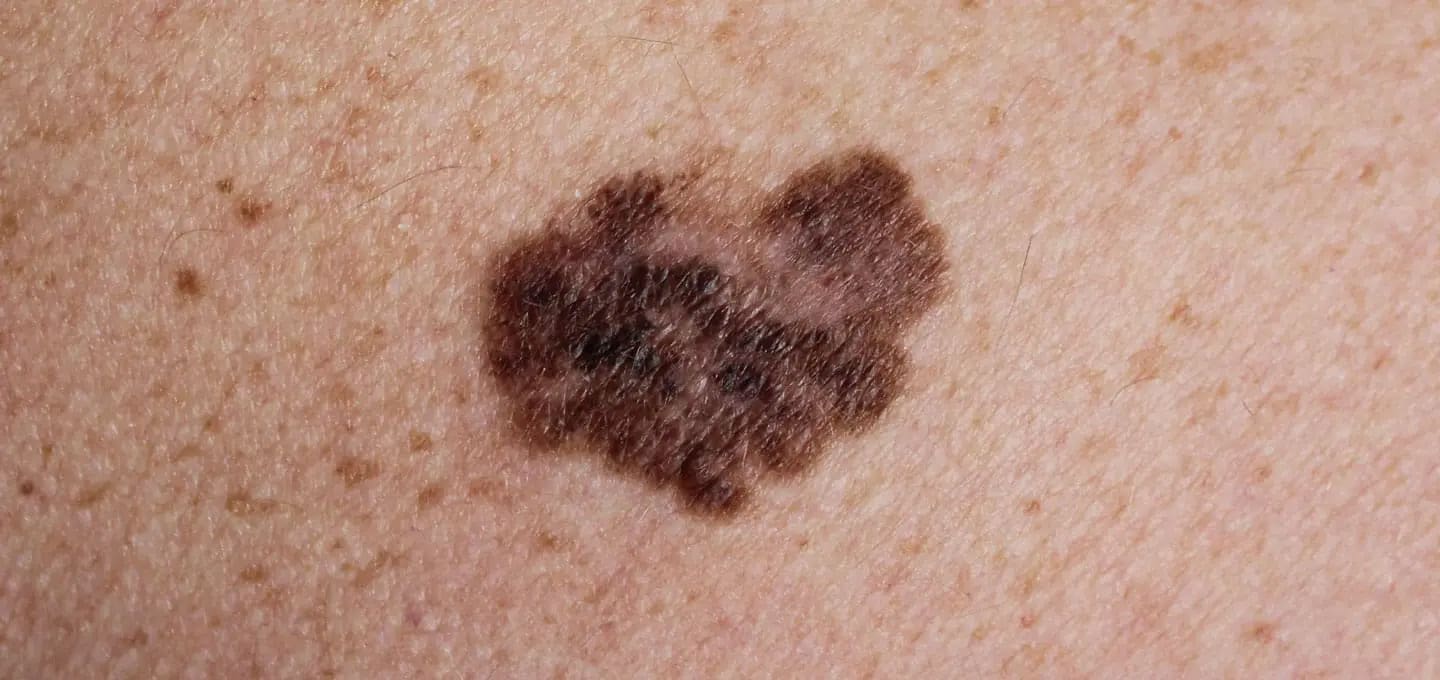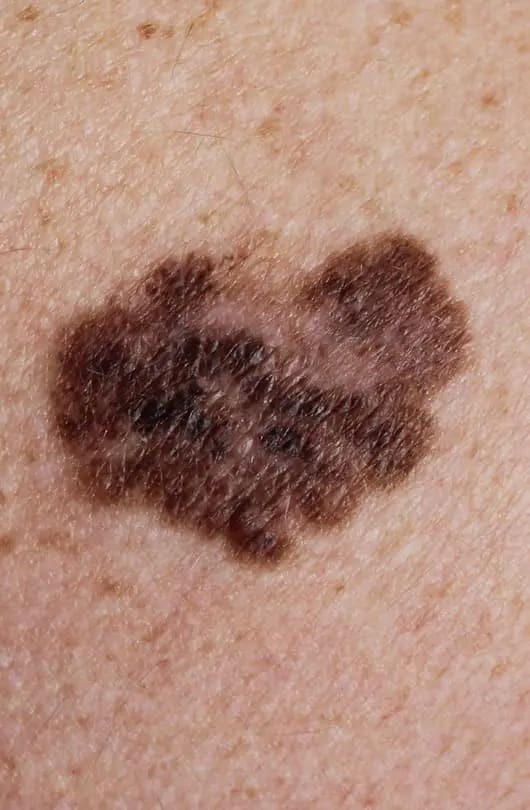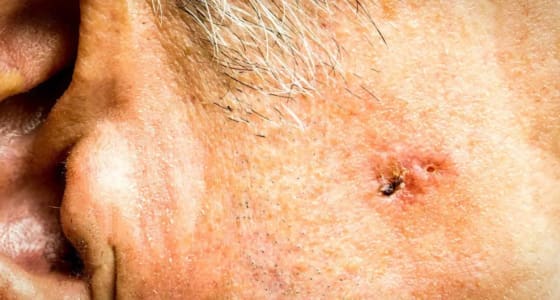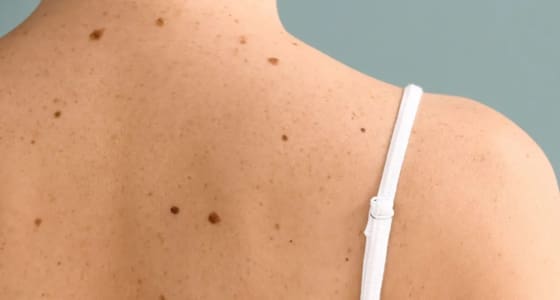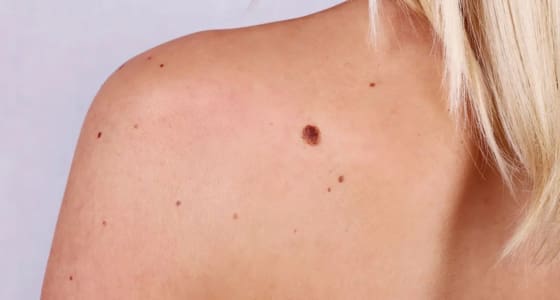Melanoma is considered a more dangerous form of skin cancer due to its ability to spread if not detected and treated early.
The first indication of melanoma development often involves a change in colour in an existing mole or the appearance of a new pigmented lesion. Typically, there is a darkening in colour, but sometimes there may be a loss of pigmentation with the development of pale areas. These colour irregularities can give melanoma a ‘variegated’ appearance. While melanoma can occur anywhere on the body, it is commonly found on sun-exposed areas such as the face, neck, arms, and legs. Excessive exposure to ultraviolet (UV) light from the sun or artificial sources like tanning beds is the primary cause of melanoma.
Melanoma can also manifest in areas not usually exposed to the sun, including the palms of hands, soles of feet, and under the nails. The ABCDE rule serves as a useful guide for identifying suspicious moles or skin lesions, prompting individuals to seek medical advice if they notice:
- Asymmetry of its shape
- Borders that are irregular
- Colours that are varied
- Diameter is usually larger than 6mm or has grown in size,
- Evolving characteristics in the mole or lesion.
Risk factors for melanoma include excessive sun exposure, a history of blistering sunburns in childhood, fair skin, numerous moles or atypical moles, a family history of melanoma, a weakened immune system, and specific genetic factors. Early treatment is crucial as untreated melanoma cells can penetrate deeper skin layers, potentially causing severe health complications by spreading through blood and lymphatic vessels. Treatment for melanoma typically involves surgical excision for skin cancer, with additional therapies like radiotherapy, immunotherapy, or targeted therapy recommended in certain cases to reduce recurrence risk or address metastatic melanoma. A multi-disciplinary team, led by your treating consultant at The Day Clinic, will oversee these treatments to ensure the best and most appropriate care for your condition.
